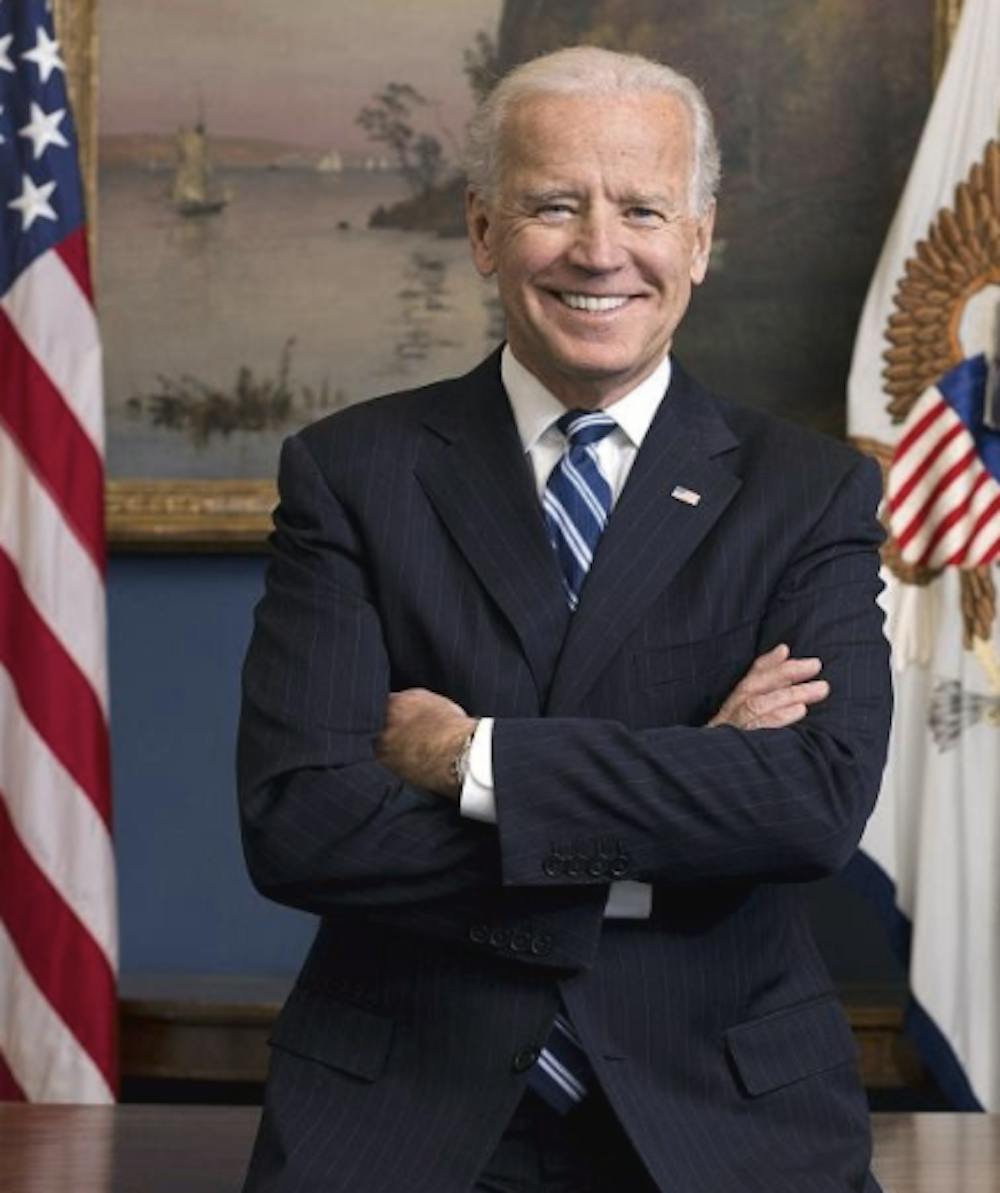By Ethan Kaiser
Correspondent
April 30 marked 100 days since President Biden was sworn in, and I think it’s fair to reflect on what he has done thus far. Before I give my perspective, it is only fair that I explain what my perspective is. I am a believer in democracy in the workplace, which means workers should either be at or share the helm of the business they work for. I supported Bernie Sanders in 2020. That being said, let’s dive in. I will be dividing his actions into three categories: the pandemic, domestic policy and foreign policy.
Biden is a better president than Trump. It is a bar so low it is almost comical to use it, but it is important especially on issues like the pandemic. Within 100 days, over 200 million vaccine doses have been administered. It is unclear how much Biden is responsible for these results, but I cannot say Trump would have gotten us here, especially since his plan with vaccines, much like the pandemic, was very hands-off at the federal level.
But his response has been far from perfect. For one, the Biden administration initially refused to distribute 60 million AstraZeneca vaccines (which are not authorized in the U.S.) to countries like India who need it, as well as being hesitant to support lifting intellectual property rights on vaccines so developing countries can produce their own generic versions. But he reversed his positions on both. Now U.S. AstraZeneca doses are being distributed globally and U.S. Trade Representative Katherine Tai announced U.S. support for lifting IP rights. This is good news because despite what Bill Gates has said, many countries have vaccine factories ready to produce doses. I am happy that President Biden is doing these actions, but let us also not kid ourselves, this should have happened months ago, because as great as it is that America is vaccinating quickly, it will not mean much if Covid spreads and mutants globally.

I also think Biden’s push to reopen schools is premature. As someone who has attended two semesters of classes via Zoom, I want to go back to school as much as anyone else, but not at the cost of public health. Michigan schools have seen massive Covid surges in schools after reopening. In a broader sense, I do think we are moving in the right direction on the pandemic, but there is still work to be done.
Moving on to domestic policy, let me start with the elephant in the room, the Covid relief bill. Overall, it was good. Biden was wishy-washy on the checks being $1,400, especially since he still campaigned in Georgia for $2,000 as $600 checks were being distributed, and because it took months after those checks were distributed for the bill to be passed. If you receive a $600 check, and two to three months later you receive a $1,400 check, is that a $2,000 check? That being said, $1,400 still helped millions.
Next is his infrastructure bill, which would invest $2.2 trillion over 10 years. This is an investment that is long overdue and demonstrates a willingness to go farther than Obama, who spent $800 billion in 2009, but it is still insufficient. According to the Society of Civil Engineers, the U.S. would need to spend $2.6 trillion simply to upgrade its infrastructure. This $400 billion gap also does not account for weatherizing our infrastructure in regards to climate change.
Biden also proposed a $2 trillion “human infrastructure” plan, which would make pre-k and community college free and expand the child tax credit. This is a step in the right direction, and while it does not go far enough, I also never expected him to go farther than where he is. The child tax credit also only lasts until 2025, which does not make sense if the goal is to cut child poverty beyond 2025. Another issue is he, at least as of now, backed off of lowering drug prices and expanding Medicare. Some of the non-economic policies Biden has enacted were the reversal of the early Trump travel ban and a reversal on the trans military ban.
The final area is foriegn policy, which is where Biden has done the worst. He has done good things, such as rejoining the Paris Climate Agreement and withdrawing from the unwinnable war in Afghanistan, but the good news pretty much ends there. Under his administration, there have been an estimated 300,000 deportations despite promising to freeze them, and sure, while he is not ripping families apart, minors are still being held in the same facilities, often overcrowded, which could lead to Covid outbreaks. He failed to re-enter the Iran nuclear agreement which Iran has followed to a tee before the U.S. withdrew, he increased military spending and preemptively bombed Syria, an act illegal under U.S. and international law.
These acts exemplify the “return to normalcy” of U.S. foreign policy that has been dominant in the post-war period. Not a foreign policy where the U.S. is simply involved in global affairs, but one of hegemony. A hegemony that led to countless coups in Latin America, an illegal and offensive war in Iraq, and billions in weapons deals to states committing human rights abuses.
Biden has the potential to do more, but that is largely contingent on filibuster reform. It is easier to hold on to the Democrat’s most conservative members than to get 10 Republicans to join. This is not an exhaustive list of what Biden has done, but these are the things that stood out to me. On some issues, he is willing to go further than his Democratic predecessor but in many aspects, it still is not sufficient for America’s needs. There has been some good, too much bad for my liking, but ultimately, as Biden promised, nothing has fundamentally changed.







